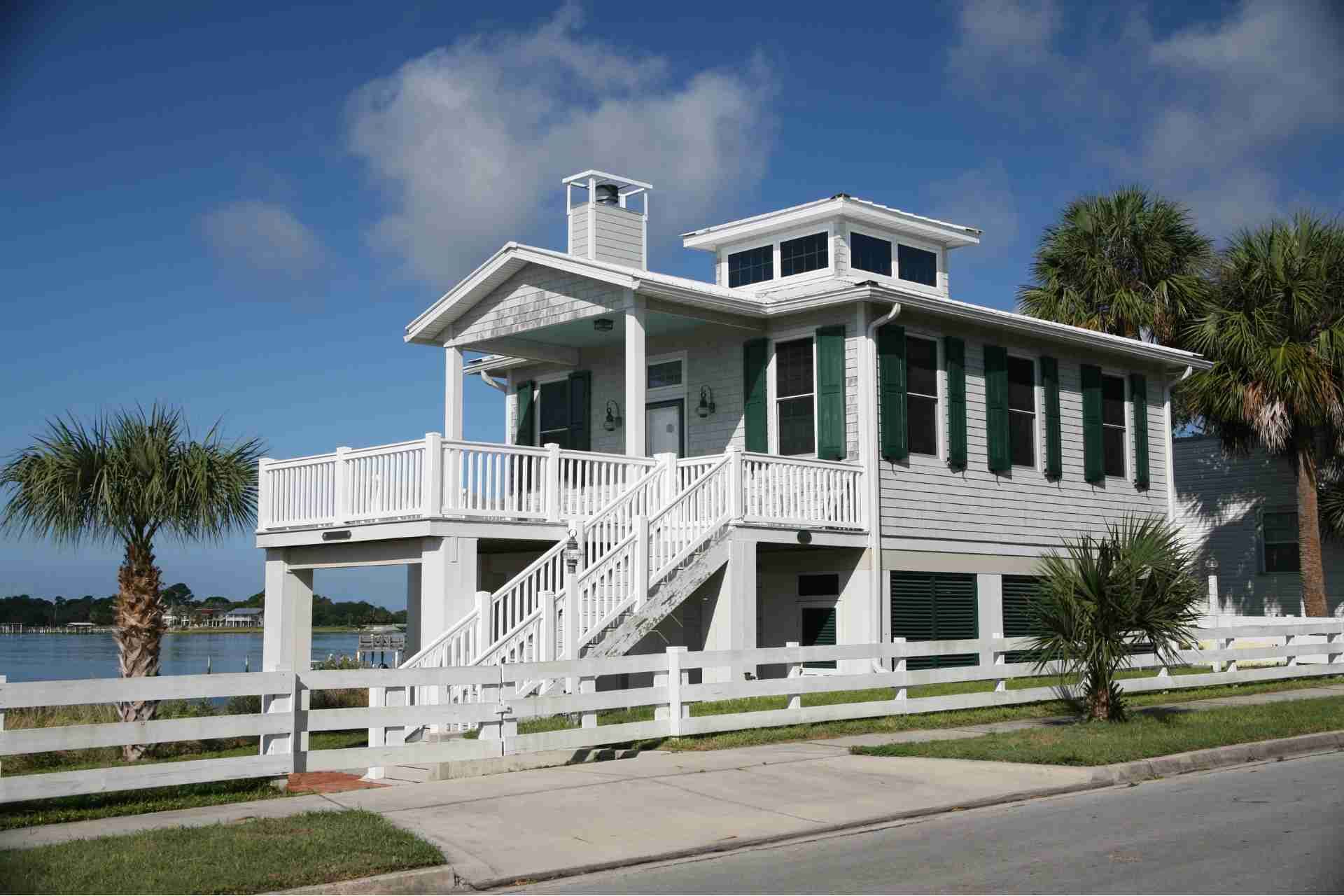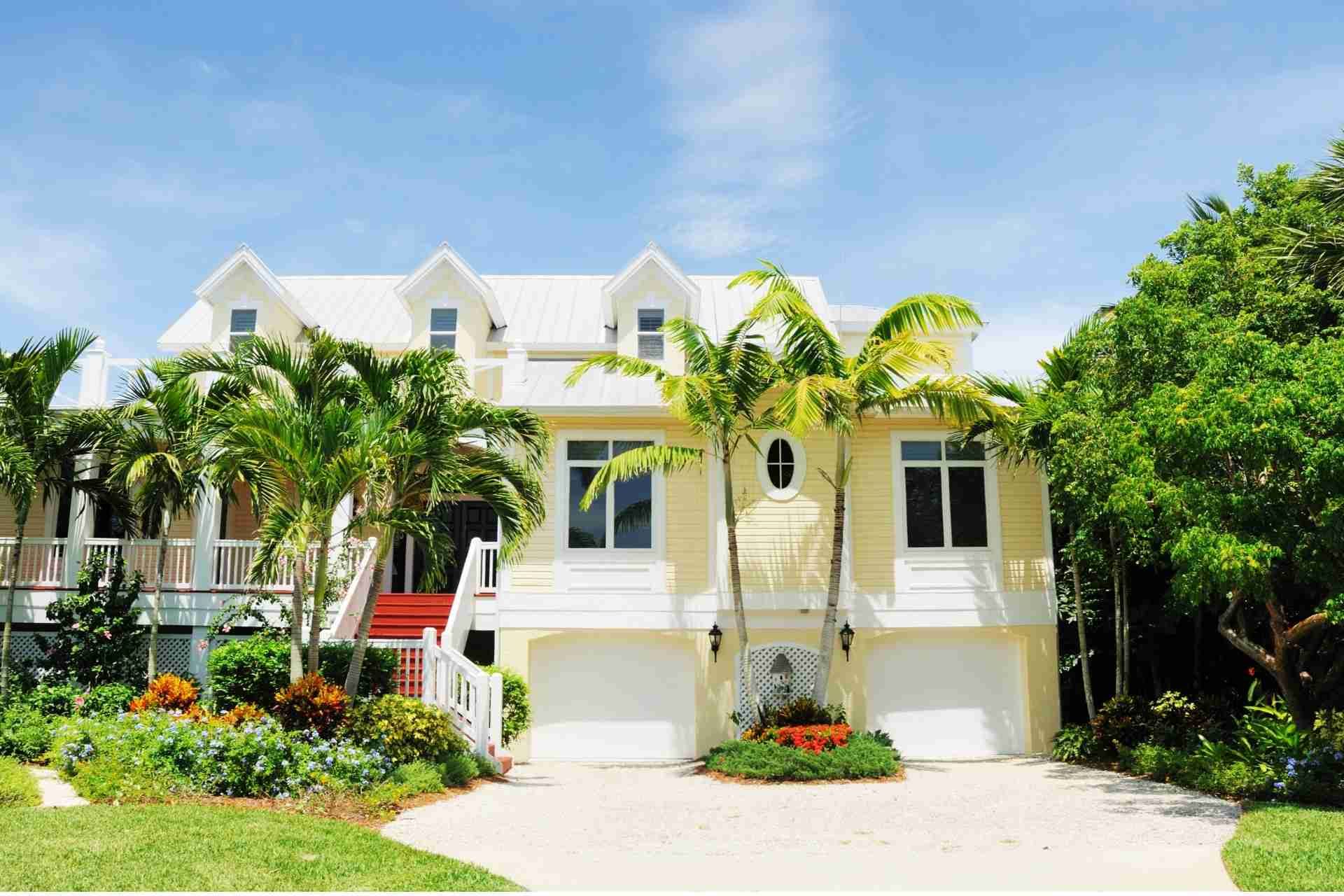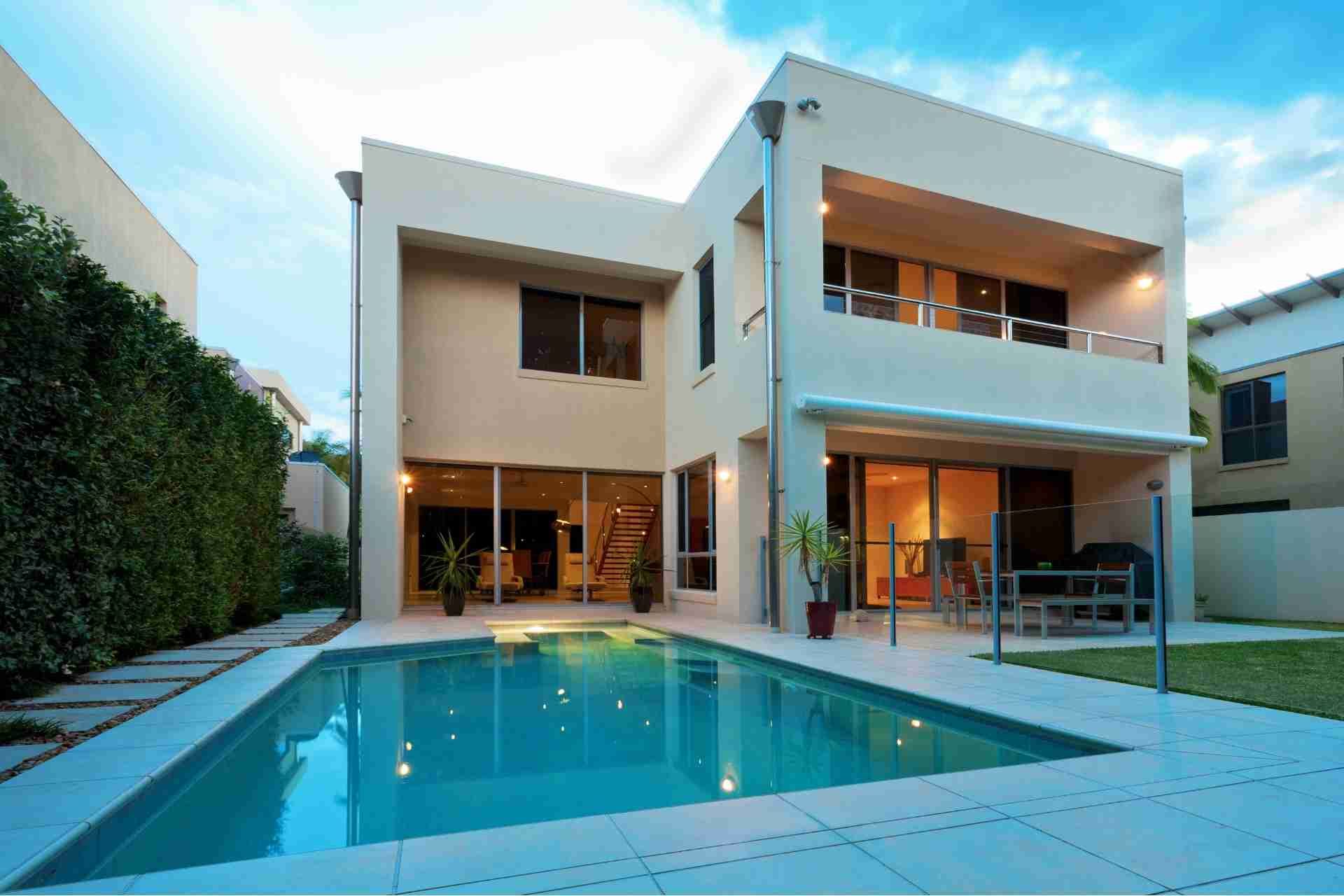Can I Afford a Second Home?
Considering a second home can be a significant financial decision. You'll need to assess your current income, expenses, and savings to determine if it's feasible. Understanding your mortgage options and calculating ongoing costs is crucial. Plus, evaluating potential rental income and market trends can impact your choice. But how do you ensure this investment aligns with your long-term goals? Let's explore the key factors you should consider before making this commitment.
Assessing Your Financial Situation
Before diving into the idea of buying a second home, it's crucial to assess your financial situation. Start by reviewing your current income, expenses, and savings. You'll need to know how much you can comfortably allocate toward a second mortgage without straining your budget.
Don't forget to factor in additional costs like property taxes, maintenance, and insurance.
Next, evaluate your existing debt. High levels of debt can limit your ability to take on new financial commitments. It's also wise to check your credit score, as this can affect your loan options later on.
Finally, think about your long-term financial goals. Are you ready for the responsibilities that come with a second home? Understanding your financial landscape will guide your decision.
Understanding Mortgage Options
When it comes to financing a second home, which mortgage options are available to you? You can choose between conventional loans, FHA loans, and VA loans, depending on your qualifications.
A conventional loan typically requires a larger down payment but offers competitive interest rates. FHA loans are more accessible for those with lower credit scores but come with mortgage insurance.
If you're a veteran or active-duty service member, a VA loan might be your best bet, as it often requires no down payment and has favorable terms.
Additionally, you might consider a fixed-rate mortgage for predictable payments or an adjustable-rate mortgage for lower initial rates. Evaluating these options carefully will help you make the best choice for your second home.
Calculating Ongoing Costs
As you consider purchasing a second home, calculating ongoing costs is crucial to ensure you can comfortably manage your investment.
Start by accounting for property taxes, which can vary significantly based on location.
Don't forget homeowners insurance, as it protects your asset and may be higher for a second home.
Maintenance costs should also be considered; regular upkeep can add up quickly.
If you're part of a homeowners association (HOA), factor in those fees, which cover communal amenities and services.
Utilities like water, gas, and electricity should be budgeted as well.
Finally, think about potential landscaping or seasonal expenses.
Evaluating Potential Rental Income
How can you gauge the potential rental income from your second home? Start by researching similar properties in your area that are currently renting. Check their rates, occupancy levels, and amenities. This'll give you a ballpark figure for what you might charge.
Next, consider the seasonality of rentals; peak seasons can significantly boost income. Factor in your property's unique features—proximity to attractions, views, or outdoor spaces can increase its appeal.
Don't forget to account for expenses like maintenance, property management fees, and taxes when calculating your net income. Finally, think about your target market—short-term vacationers or long-term tenants—and adjust your expectations accordingly.
Evaluating these elements will help you make a more informed decision about your investment.
Considering Location and Market Trends
While considering a second home, you can't overlook the importance of location and market trends. The right location can significantly influence your property's value and potential for appreciation.
Research the area's growth potential, amenities, and lifestyle offerings. Are you looking for a vacation spot or an investment property? Each has different location priorities.
Keep an eye on local market trends. Is the market rising or falling? Understanding these trends will help you make informed decisions about timing and pricing.
Look at comparable sales in the area to gauge property value. Don't forget to consider seasonal demand; some areas may thrive in peak seasons while stagnating in off-seasons.
Making a Long-Term Plan
Planning for a second home requires a clear vision of your long-term goals, so you can align your financial strategies accordingly. Start by determining how often you'll use the property and whether it'll serve as an investment, vacation spot, or a future retirement home.
Assess your current financial situation and set a realistic budget, factoring in maintenance, taxes, and insurance. Consider potential rental income if you plan to lease it when you're not using it.
Factor in market trends to choose the right location. Finally, create a timeline for purchasing and financing the home, ensuring you're prepared for any unexpected costs.
Conclusion
In conclusion, deciding if you can afford a second home requires careful financial assessment and planning. By evaluating your income, expenses, and potential rental income, you can make informed choices. Don't forget to consider ongoing costs and market trends as you navigate this journey. With a clear understanding of your financial situation and long-term goals, you'll be better equipped to enjoy the benefits of a second home without compromising your financial stability.











